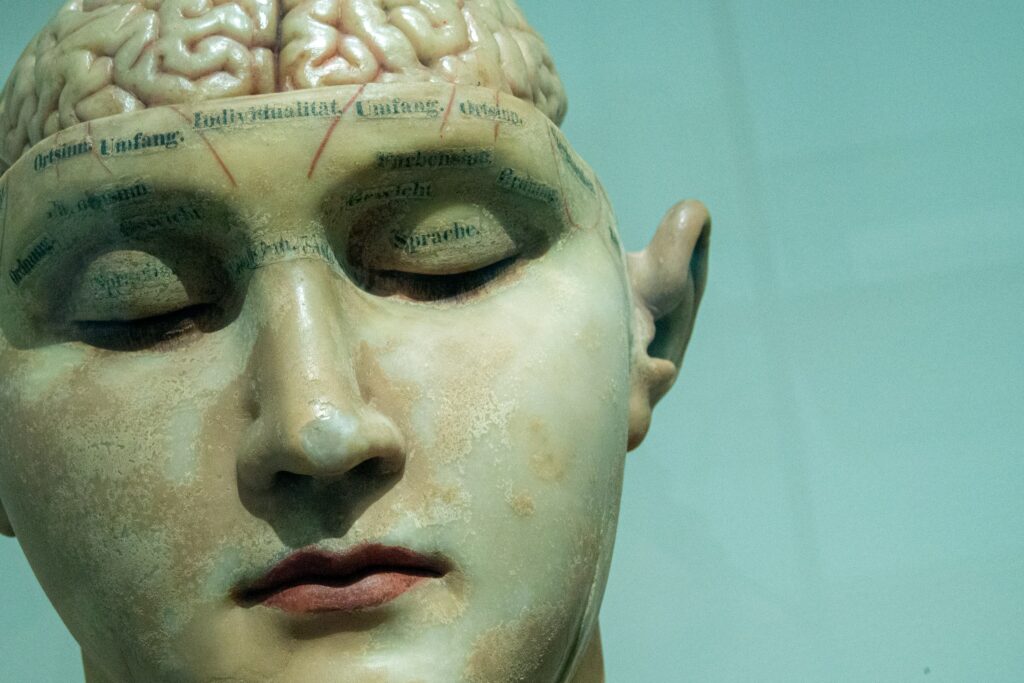The art of collecting has fascinated and engaged people from all walks of life for centuries. Collecting – whether it be art, cars, watches, stamps, or wine – is driven by behaviour patterns that are deeply human, and lean into our need for control (even over inanimate objects). This week, we delve into the historical context and psychological motivations behind this age-old practice.
In the beginning
Earth’s first collectors gathered religious artifacts, precious gemstones, and hand-carved figurines as a way to understand the world and man’s place in it. This practice has evolved through the ages, from ancient Rome to the Renaissance period’s “cabinets of curiosities”, until the industrial revolution. Economic prosperity after WWII spurred the growth of collecting, as people had more disposable income to invest in hobbies such as vintage cars, luxury watches or jewellery, and fine wine.
Knowledge is power
The art of collecting continues to evolve because it allows individuals to amass knowledge of a specific niche, which can be used to impress friends or colleagues. There is satisfaction and a sense of empowerment both in the ownership of physical items, and in mastering their subject matter. Still, a collectible like fine wine offers an inexhaustible source of learning to stimulate the minds of intellectuals, as well as an opportunity to preserve tradition through physical pieces of history.
Matters of the heart
Many collections are driven by nostalgia or emotional connections. It is human nature to seek items that remind us of our past, evoke fond memories, or maintain a connection with significant moments in our lives. For some, there is comfort to be found in things crafted by human hand. For others, the simple act of collecting provides a sense of order in our fast-paced world. We feel this timelessness particularly with fine wines, whose ageing process (when well-stored) offers exceptional life experiences, thanks to the transformational quality of the liquid in the bottle.
Tangible Treasures
The investment advantage of collecting should not be overlooked. Physical assets provide a safe store of wealth with stable price appreciation mechanics in the long-term, based on rarification through limited supply and increasing demand. Beyond the monetary gains, they also create a meaningful legacy to pass on to the next generation.
Whatever the motivation, collecting is a testament to humanity’s unfailing curiosity, desire for beauty, and need for self-expression. As we advance into an evermore automated world, the importance of humanity, and human experience can only grow. Control freaks among us will look to collectibles as proof of man’s ability to create and innovate with our own intelligence, rather than one that’s artificial.

